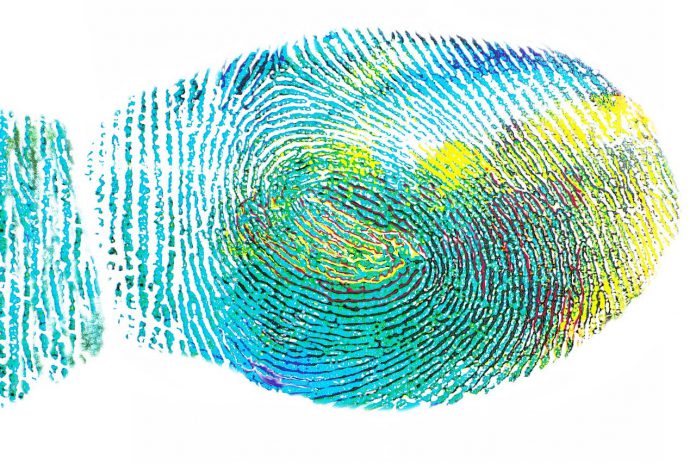From: RegTech Analyst
Many banks are trialling new sways of utilising biometrics to secure payments. NatWest is one of the financial institutions tapping into the new tech area to make the lives of its customers easier.
Having already trialled a biometric debit card earlier this year, which it described a “successful pilot”, the bank is now testing its latest product – a biometric key fob.
NatWest has tapped 250 customers to test the fob, which has a small fingerprint reader on it. Once a user’s fingerprint has been scanned, the fob can be used for contactless payments just like a card or a smartphone.
The debit card it piloted earlier this year used the same concept.
“After the successful pilot of our biometric debit card we are looking at how we can further develop the technology and push the boundaries to integrate it into our customers everyday lives,” David Crawford, category director of main bank and core at NatWest, told Yahoo Finance.
The news comes hot on the heels of Barclays unveiling a new finger vein scanner in November.
These banks will not be the only ones to utilise biometrics in the future, given biometrics is one of the ways people can prove their identities under the new strong customer authentication rules that is being enforced around the EU as part of the Revised Payment Service Directive (PSD2).
The reason why biometrics is sure to become more prominent in the future is because proving something about what they are is one out of three ways that people can prove their identities when they make online transactions. The other two are something they know, like a PIN, or something that they have, like a smartphone.
Scanning veins or fingerprints are only two ways biometrics can be used for that. Other accepted biometrics accepted by the European Banking Authority include retina and iris scans, hand geometry, voice samples and heart rates.
Copyright © 2019 FinTech Global











